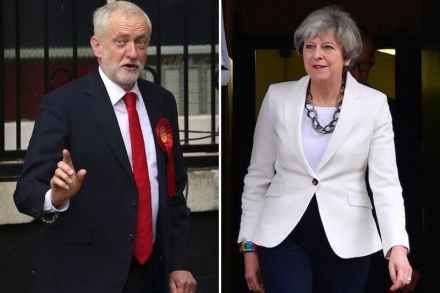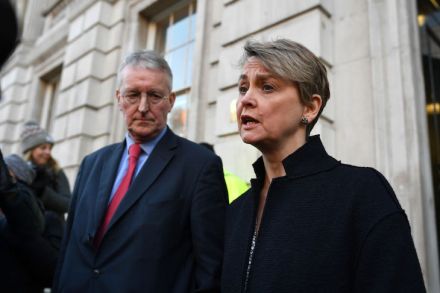What Corbyn’s meeting with May reveals about Labour’s Brexit plan
Almost more interesting than what Corbyn and the PM said to each other this afternoon was who accompanied the Labour leader to the meeting. He was joined by his chief of staff Karie Murphy and his director of strategy Seumas Milne (as well as the opposition chief whip Nick Brown) but not by his Brexit secretary Keir Starmer. Why does that matter? In the battle over whether Labour should ever back a Brexit referendum or People’s Vote, Murphy and Milne are implacably opposed, and Starmer is battling to keep that option alive. So it matters that in choosing to explain what kind of Brexit deal Labour would support, Corbyn was





















